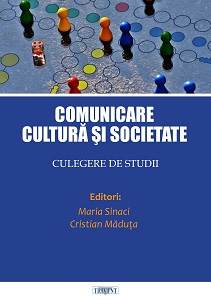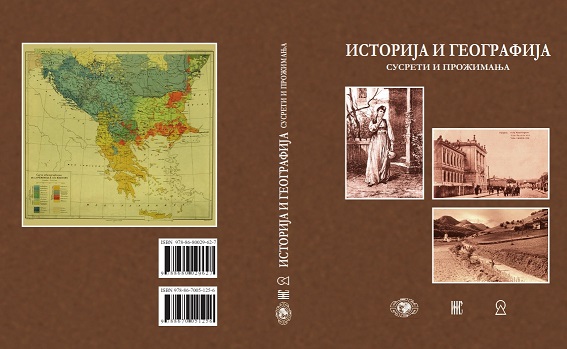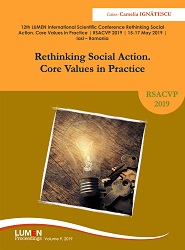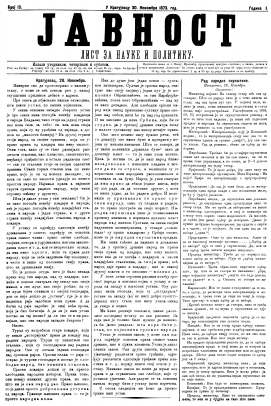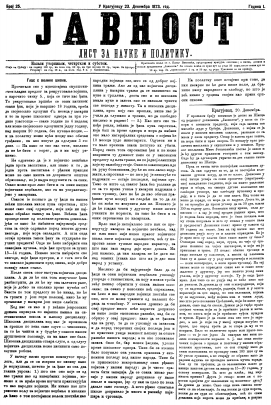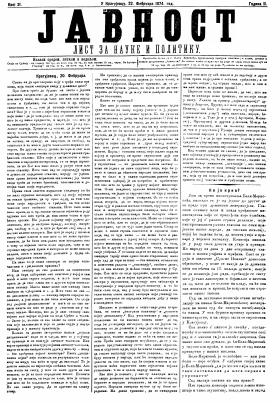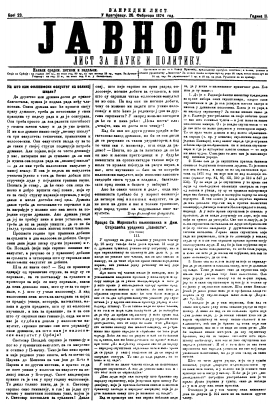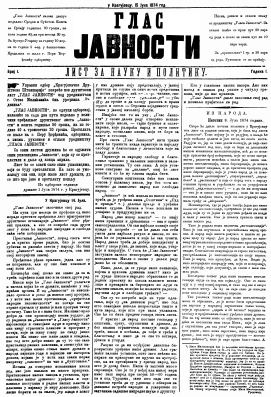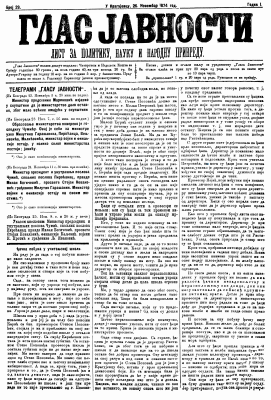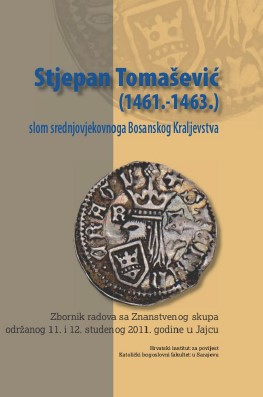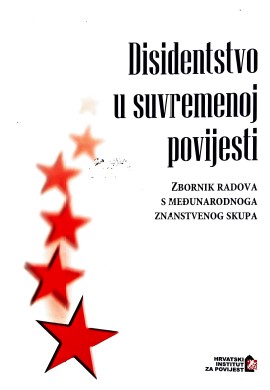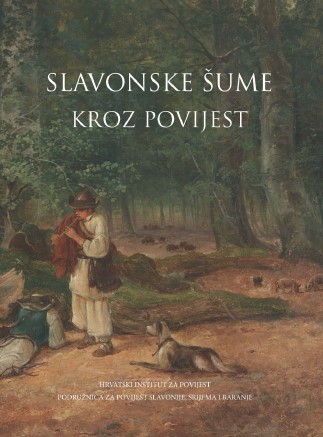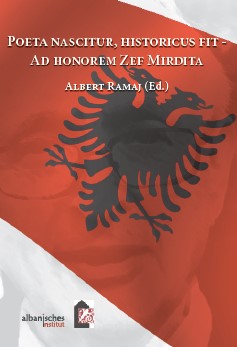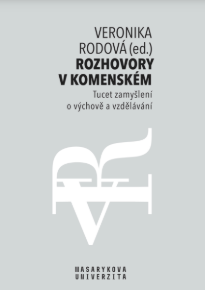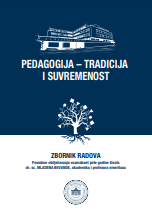Author(s): Dušan Bajagić / Language(s): Serbian
Publication Year: 0
Applying the method of quantitative and qualitative analysis of primary documents (laws and bylaws), the relationship of historical, geographical and political and legal spaces and operation of Ministers of Education of the Kingdom of SCS was examined on the example of the institutions of the university and high education. The presence of historical, geographical, political and legal spaces required the existence of different legal systems in the provisory and after in the period to 1929, i.e. unfinished tendency to establish a unique legal space essentially determined the vertical and the horizontal organization of the Ministry of Education, and with it the action of the Minister to the University of Belgrade and the University of High Schools in Zagreb. The existing political and legal conditions determined the decision-making process of Ministers of Education toward the organization and the functioning of the University in Belgrade and Zagreb, which included a wide range of provisions that appeared in the double role: the role of the circumstances (environment) of decision-making and the role of deciding cases. Deciding on these particular colleges and higher education institutions is determined by political and legal regulations, on the one hand, and the characteristics of these institutions and their position in the educational system, on the other hand. At the time of the Kingdom of SCS, the diffusion of Belgrade University and the University of High Schools in Zagreb was very determined by different legal systems conditioned by the presence of historical, geographical and political and legal spaces. Acting of the Ministers of Education towards the two most important centres of higher education was consistent with the autonomy of the University of Belgrade that is, the University and College in Zagreb with respect of provincial autonomy in Croatia and Slavonia. After the abolition of the Provincial Administration, the University of Zagreb got the same form of autonomy as well as the University of Belgrade, and the effect of Ministers of Education continued accordingly. On the basis of autonomy, acting Ministers at the University of Belgrade and the University and College in Zagreb, in practice, confirmed the development of the organization and administration, as well as the construction and application of scientific and educational base. Ministers of Education of the Kingdom of SCS, in the course of their mandates and within the jurisdiction they had, for the University of Belgrade and its faculties, contributed to the development and construction of either faculty or university in general. The basics of the University of Belgrade with the Philosophical, Law and Technical faculty were placed before the First World War, during the Kingdom of SCS they were expanded by establishing three faculties: Agriculture, Medicine and Orthodox Theology. Among the Ministers of Education, Svetozar Pribićević contributed most to the development of some faculties and the University as a whole. Consistent application of the provincial autonomy in Croatia and Slavonia first, and then the autonomy of the University of Zagreb resulted in multiple development and construction of this center of higher education in the Kingdom of SCS. After the liquidation of the Provincial Administration of Croatia and Slavonia, the Economic-Commercial High School was developed especially owing to the Minister of Education Stjepan Radić, which was in accordance with the program of the Croatian Peasant Party to reform education, in part related to higher education from the time before 1918. Later, with the establishment of the autonomy of the University of Zagreb, the most were in favour of the establishment of new institutions, the development of scientific and educational base, the choice of part-time teachers and education commissions. During the term of office of the Minister of Education Milan Grol, the establishment of new institutions and the development of scientific-educational foundation were mostly fueled at the Faculty of Philosophy. Considering the effect of all Ministers of Education in the Kingdom of SCS, it is possible to conclude that the Ministers of education of the Yugoslav Democratic Party had the major contribution to the organization, administration building and advancing scientific and educational foundations at the University of Belgrade and the University of Zagreb.
More...
